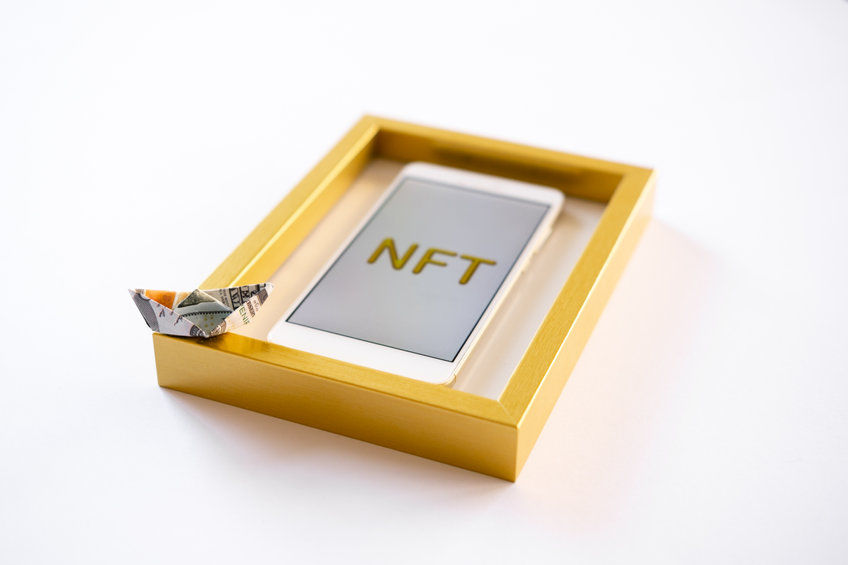A new token, SOS, reached a market cap of over $250 million dollars in just four days. However, its unclear goals and security risks soon led to a decline in interest. Presently, its market cap is $207 million.
NFT traders awoke on Christmas Day to an airdrop of SOS, the governance token for the newly formed OpenDAO, which has no relationship with OpenSea aside from targeting its user base with the airdrop, CoinDesk wrote.
The power of airdrops
Airdrops are a method of distributing tokens, which allows crypto holders to claim tokens for performing specific actions. This airdrop applied to any Ethereum address that purchased an NFT on OpenSea.
Red flags
Soon after the event, several Ethereum developers drew attention to potential issues with attack vectors in the project’s code, indicating the risk of a “rug pull”. The core team controls three addresses, which hold 50% of the token supply.
These tokens are reserved for a DAO treasury, staking rewards, and liquidity mining incentives. However, there is no vesting schedule, time lock, multi-signature wallet, or any other on-chain security guarantees.
A user tweeted:
Red Flag #1: 50% of all tokens are currently available in three EOA wallets with no vesting/lock periods. Meaning that the team can at any point rug the entire liquidity or is at risk of having a central point of failure being compromised. Current market cap of $100M.
OpenDAO core contributors told CoinDesk that a nomination process was underway on Discord to elect seven signers. After the election, all transactions will require a majority of signers’ approval to be processed.
Hard to verify claims
It is hard to verify if the claims function has been used because contributors didn’t disclose the distribution calculations. What’s more, the team is mainly comprised of anonymous or pseudonymous individuals.
No clear use case
The SOS community is trying to figure out what the token will be used for as the core team attempts to introduce basic security measures. The OpenDAO team seems to have modest aims even as social media users speculate that they might use their vast, newly acquired funds to try to develop a decentralized alternative to OpenSea. The team claims they want to “preserve NFT art” and “support NFT artists.”
Impressive growth
In spite of the lack of product and indisputable security risks, many are quite impressed with the project’s swift growth. NFT collector and Ex Populus co-founder Soban Saqib said:
SOS is a good example of how tokens can be a great way to coordinate a community, even if there isn’t a product. Bootstrapping communities is difficult in the traditional world, but tokens and NFTs allow us to accelerate this in Web 3.












